Publications
Articles, publications, books, tools and multimedia features from the U.S. Institute of Peace provide the latest news, analysis, research findings, practitioner guides and reports, all related to the conflict zones and issues that are at the center of the Institute’s work to prevent and reduce violent conflict.
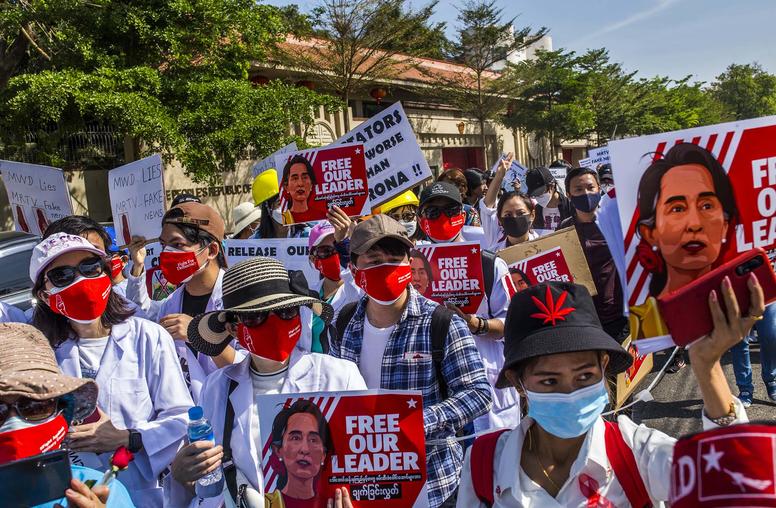
China’s High-Stakes Calculations in Myanmar
The ultimate outcome of Myanmar’s nine-week-old coup will affect a range of international actors — but none more than China. As Asia’s greatest power, China has strategic and economic stakes in its neighbor to the south that leave little space for genuine neutrality behind a façade of non-interference. Since February 1, Beijing has profoundly shaped the trajectory of post-coup violence and blocked international efforts to restore stability.
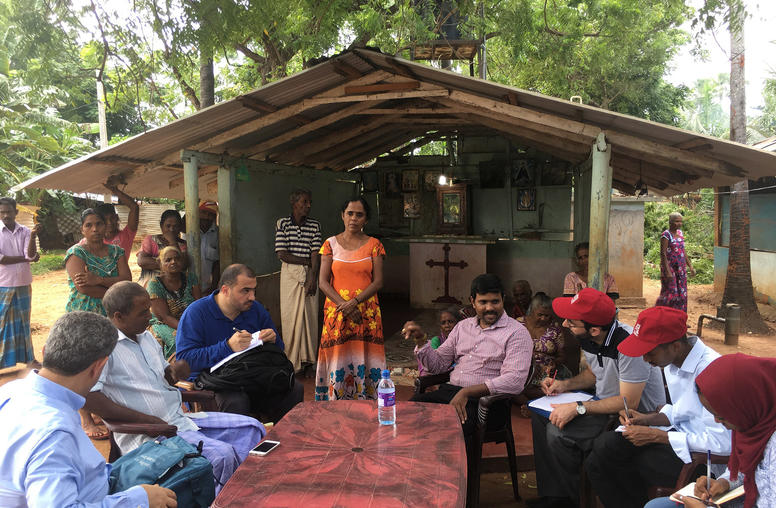
Getting to the Source: The Importance of Field Research
Travel restrictions and social distancing practices put in place in response to the COVID-19 pandemic have largely ground field research to a halt. Fieldwork plays an essential but often underappreciated role in both understanding violent extremism and developing policy responses to it. It is vital, therefore, that funders and policymakers support the return of such important work in a post-pandemic world.
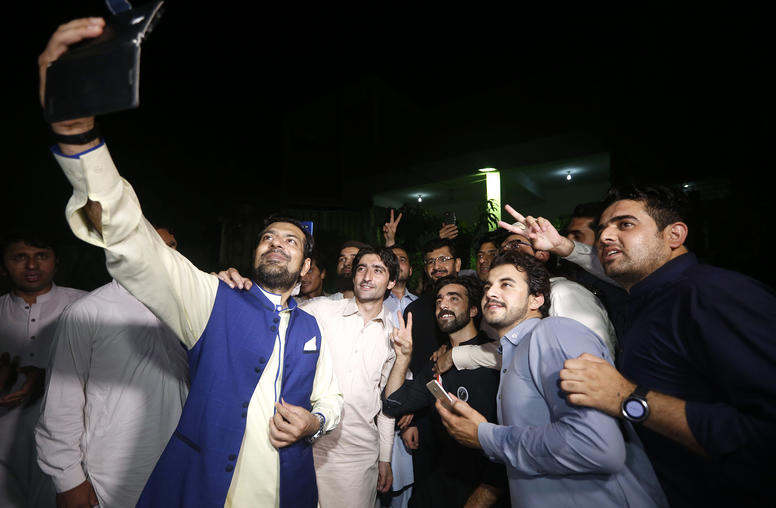
Extending Constitutional Rights to Pakistan’s Tribal Areas
When Pakistan’s Federally Administered Tribal Areas were officially merged into Khyber Pakhtunkhwa Province in May 2018, the five million residents of the former tribal areas acquired the same constitutional rights and protections—including access to a formal judicial system—as Pakistan’s other citizens. This report, based on field research carried out by the authors, explores the status of the formal justice system’s expansion, finding both positive trends and severe administrative and capacity challenges, and offers recommendations to address these issues.
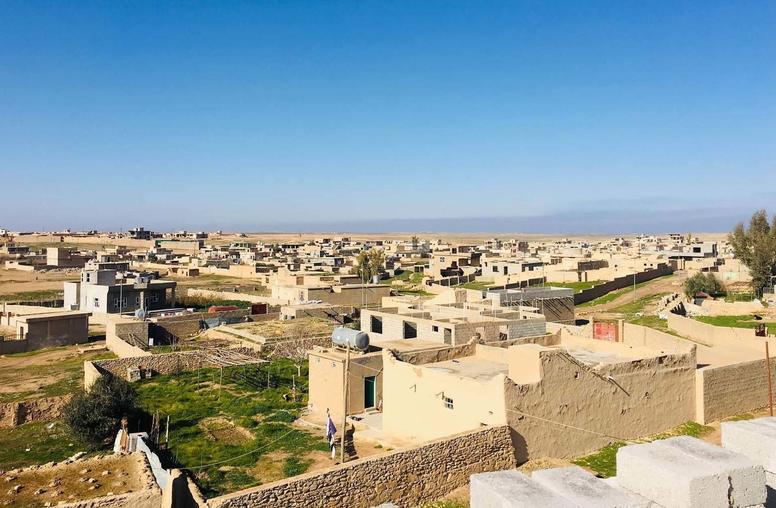
Struggle for Sinjar: Iraqis’ Views on Security in the Disputed District
Home to Iraq’s beleaguered Yazidi (Ezidi) community, Sinjar has long been caught amid tension between Iraq’s federal government and the Kurdistan Regional Government (KRG), leading to severe underdevelopment in the district. Compounding Sinjar’s historical struggles, the district also witnessed the Islamic State group’s (ISIS) egregious crimes against the Yazidis. In October 2020, the Iraqi government and KRG announced an agreement on Sinjar that attempts to resolve two pressing factors undermining its stability…
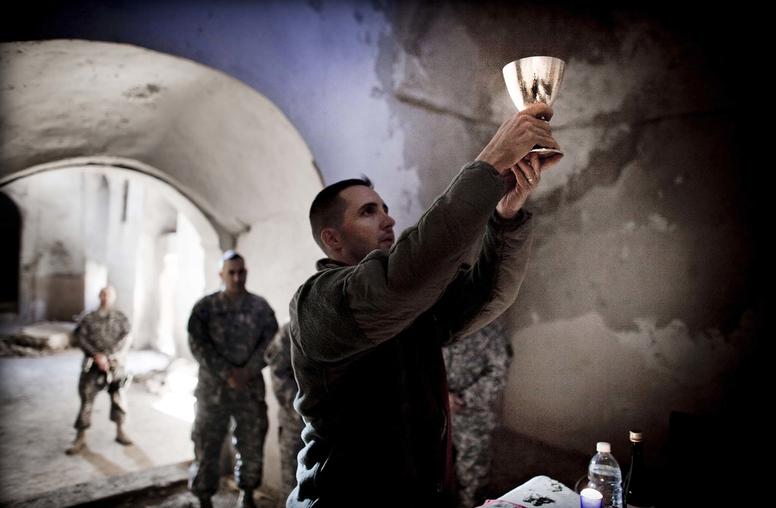
How Military Chaplains Are Key Agents for Peace for the U.S. Armed Forces
Over the past few decades, U.S. military chaplains have increasingly played a key role in promoting peaceful resolutions in conflict environments. While their primary mission across the service branches is pastoral care — leading religious services, providing counsel and offering spiritual guidance, for example — military chaplains have also, at times, served as liaisons and bridge-builders with local religious leaders.
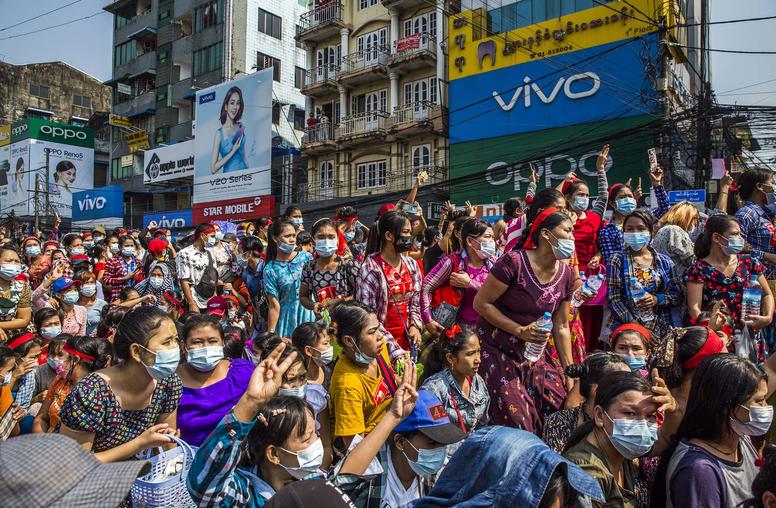
Myanmar in the Streets: A Nonviolent Movement Shows Staying Power
The people of Myanmar have opposed military rule in the past but never like this: In the face of horrific brutality by a lawless regime, Burmese have risen up in an historic national movement of nonviolent resistance. Led by young women, the fractious country has united across ethnic, generational and class lines, weaponizing social norms and social media in a refusal to accept the generals’ February 1 seizure of power.
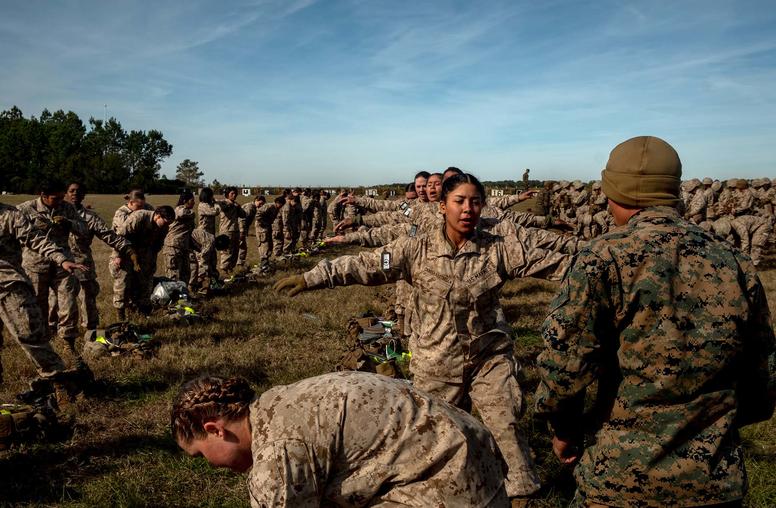
Toward a Gender-Inclusive National Security Strategy
With the Women, Peace and Security (WPS) Act of 2017, the United States is the only country in the world to codify into law women’s critical role in building peace and security. The law requires the Department of Defense, among several U.S. government agencies, to create strategies that prioritize the perspectives, safety and meaningful participation of women across all facets of national security — a critical factor in addressing the complex challenges facing the United States.
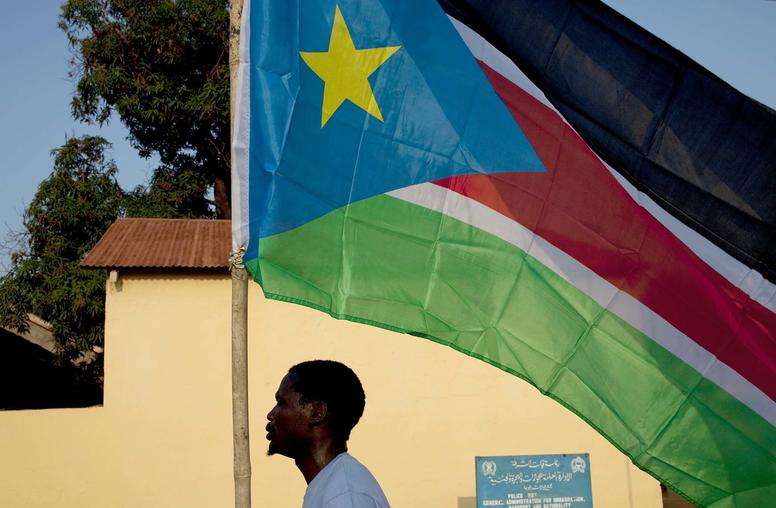
The South Sudan Peace Process Archive: A Window into Mediation
As part of its commitment to learning from peace processes, the U.S. Institute of Peace is pleased to launch the South Sudan Peace Process Archive, which aims to provide South Sudanese citizens, mediators, policymakers, academics and other interested readers a window into the 2013-2015 negotiations that attempted to end the conflict that began in South Sudan in late 2013. Documents for this archive were first assembled and organized in 2016. Now, archive curators and former peace process advisers Zach Vertin and Aly Verjee discuss their motivations for assembling and organizing the documents and what they hope the archive can contribute to future peace processes.
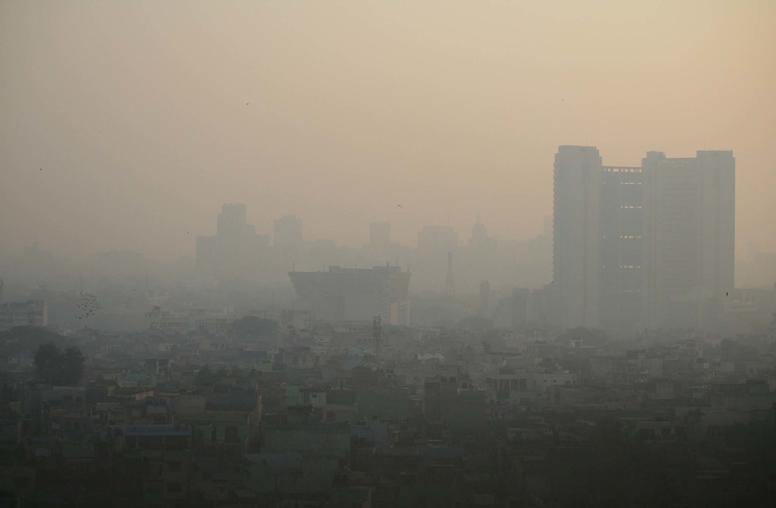
India, Pakistan choke on their smog. Can they clear the air?
South Asia’s extreme smog worsens each winter, helping to kill an estimated 1.2 million Indians and 128,000 Pakistanis annually—more than have died in either country from the COVID virus. As pollution this past winter exacerbated the pandemic, India’s and Pakistan’s governments responded with mutual blame. Yet COVID, and a sudden moment of détente between these bitter rivals, could offer an opportunity to address the smog crisis, and build rare collaboration with the only strategy that can work: a joint one. The governments, their U.S. and international allies and civil society should use this chance to jumpstart such an effort.
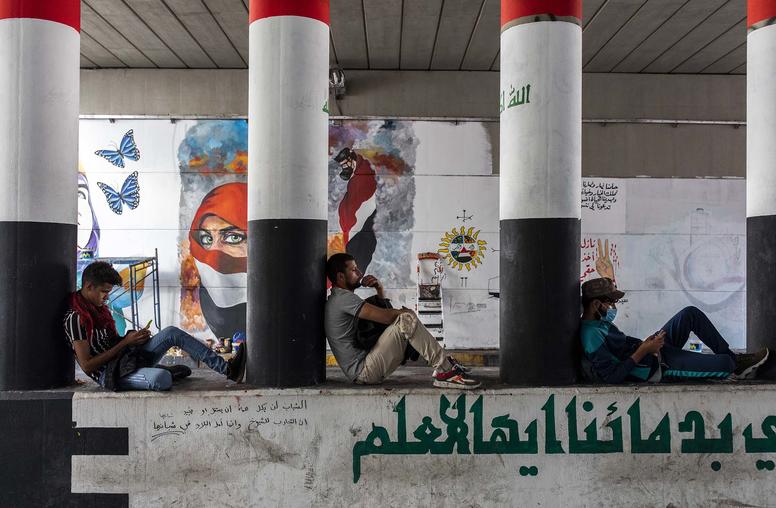
U.S., Iraqi Envoys Call for Continued Partnership 18 Years After Saddam’s Fall
Eighteen years after the overthrow of Saddam Hussein, Iraq is still in the midst of a rocky transition, beset by governance, economic, social and security challenges. With the Biden administration setting its sights on sweeping portfolio of domestic and foreign policy issues, some fear the United States will lose focus on Iraq. But in remarks on Tuesday, the top American diplomat in Baghdad vowed continued American engagement. Ahead of a pivotal year for Iraq, “The United States is resolute in its commitment to supporting [a] stable, sovereign, democratic and prosperous Iraq,” said U.S. Ambassador to Iraq Matthew Tueller.